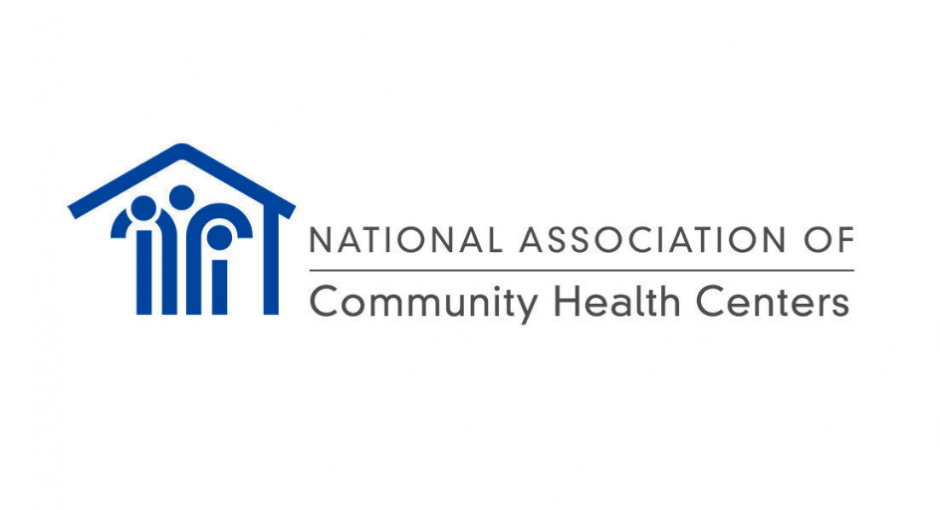Millions of community health center patients could lose access to care if Congress and the Biden administration fail to extend telehealth flexibilities granted during the COVID-19 pandemic, especially for audio-only telehealth, a new survey report warns.
The National Association of Community Health Centers (NACHC) surveyed its members to find out how they used audio and video telehealth during the pandemic. Early during the pandemic, state shelter-in-place directives decreased patient visits and billings and put some centers at risk of closing.
According to NACHC’s report, before the COVID-19 public health emergency (PHE) was declared, only 43% of health centers used telehealth. “Their utilization increased dramatically with the onset of the PHE, with 98% using telehealth overall,” the report said.
NACHC’s survey showed that health centers and their patients benefited in particular from flexibilities for audio-only telehealth. Ninety-two percent of health centers said audio-only telehealth improved access for patients, 85% said it helped them reach vulnerable populations, 70% said it helped them treat more patients with behavioral health and/or substance abuse needs, 60% said it lowered no-show rates, and 54% said it let them treat more patients with chronic conditions.
For many rural and low-income patients, “a telephone may be their only connection to a provider,” the report said, “Thus, removing the option of phone-only visits is likely to exacerbate existing health disparities.”
NACHC said ending flexibility for telephone-based visits “will greatly reduce the positive impact health centers have been proven to have on medically under-resourced communities, particularly those with high low-income and rural patients, for decades to come.”
“Many of the current telehealth flexibilities will expire upon the declared end of the public health emergency (PHE), unless federal and state lawmakers take action,” NACHC said in a news release about the survey. “This includes recognizing health centers as distant site providers, eliminating originating site restrictions to allow providers to deliver care—and patients to receive care—from any location, and ensuring adequate reimbursement for telehealth services at rates equal to an in-person visit. Lastly, health centers must be able to continue providing audio-only telehealth visits, especially to patients in rural areas and seniors who do not have access to broadband or smart phones.”
“Without action, many health center patients—especially vulnerable seniors, rural residents, people who live below the poverty level and suffer from chronic health conditions—will fall through the cracks,” the group said.
In March 2020, during the pandemic’s first wave, the U.S. Health Resources and Services Administration (HRSA) said in a COVID-19 FAQ that it “understands that the use of technology in health care delivery during this time is critical, and that telemedicine is merely a mode by which the health care service is delivered.”
“For the 340B Program, HRSA recommends that covered entities outline the use of these modalities in their policies and procedures and continue to ensure auditable records are maintained for each eligible patient dispensed a 340B drug,” it said.
In June 2020, HRSA confirmed to 340B Report that its relaxation of 340B program requirements regarding telehealth was not just for the duration of the COVID-19 public health emergency but permanent.


